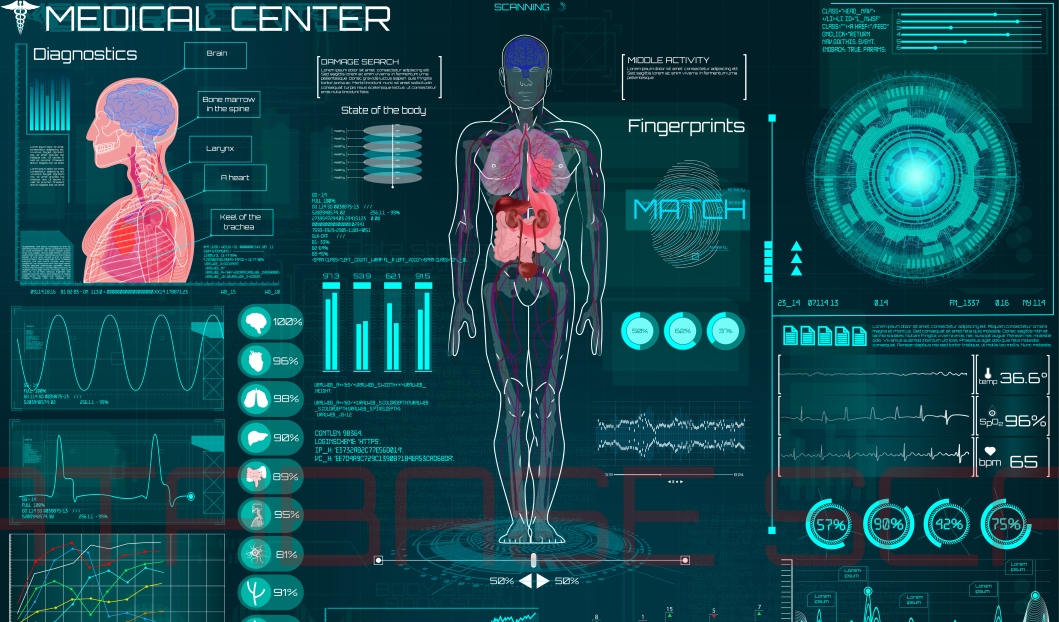The human brain is an amazing work of art, it has very complex neural circuits and the way it registers, stores, processes and analyzes information and takes decisions has always been a matter of fascination. To even attempt to replicate the human brain or to “teach” a machine to do that is an extremely ambitious endeavor fraught with controversy. Many a scientist in the field of ai research has been fascinated with this concept and thus was born “artificial intelligence” and “deep machine learning”.
Artificial intelligence is transforming healthcare
“Artificial intelligence” is a familiar buzzword for many in the tech sector today. It has been used in the airline industry for years now, to assist pilots to make decisions under difficult, high-pressure, complex situations which can be too difficult for an individual to handle or when the experience of a pilot, or the lack of it, gets in the way of safety of hundreds of passengers.
AI in health care is a promising, still-emerging concept, largely focused on programs that perform and assist with diagnosis, decision-making, therapy recommendations and health management.
The following Table is not yet comprehensive but it can still give you insights about the activities and use cases. It is ever improving.
Regulation is a hot topic
While research on the use of AI in healthcare aims to validate its efficacy in improving patient outcomes before its broader adoption, its use may nonetheless introduce several new types of risk to patients and healthcare providers, such as algorithmic bias, Do not resuscitate implications, and other machine morality issues. These challenges of the clinical use of AI has brought upon potential need for regulations.
Currently no regulations exist specifically for the use of AI in healthcare. In May 2016, the White House announced its plan to host a series of workshops and formation of the National Science and Technology Council (NSTC) Subcommittee on Machine Learning and Artificial Intelligence.[47] In October 2016, the group published The National Artificial Intelligence Research and Development Strategic Plan, outlining its proposed priorities for Federally-funded AI research and development (within government and academia). The report notes a strategic R&D plan for the subfield of health information technology is in development stages.
(source: wikipedia)
[bctt tweet=”Artificial Intelligence in health care – Outlook 2019 (Best Use Cases) #ArtificialIntelligence #AI #MedTech #HealthTech #healthcare #MachineLearning #ML #Analytics #BigDataAnalytics #Diagnosis #Medical #ComputerVision #innovation #cancer #Outlook2019″ username=”AISOMA_AG”]
Finally, here are some Use-Cases:
[table id=3 /]
[bctt tweet=”Artificial Intelligence in health care – Promising Progress (Best Use Cases) #AI #ML #HealthCare #MedTech #Diagnosis #ArtificialIntelligence #medicine #innovation #UseCases” username=”AISOMA_AG”]
Recommended articles:
5 Variations of AI & 3 essays for the fundamental understanding of AI
